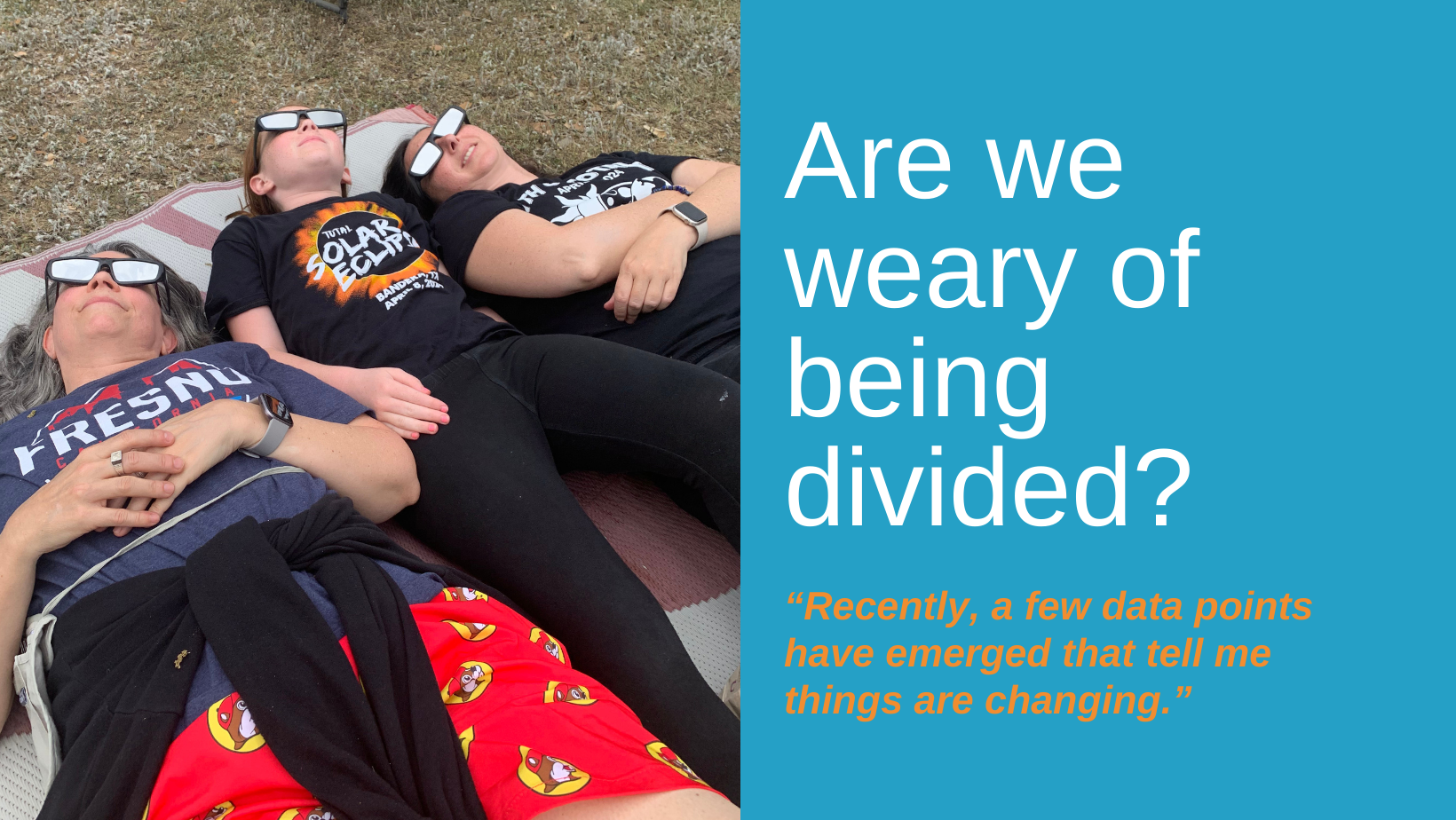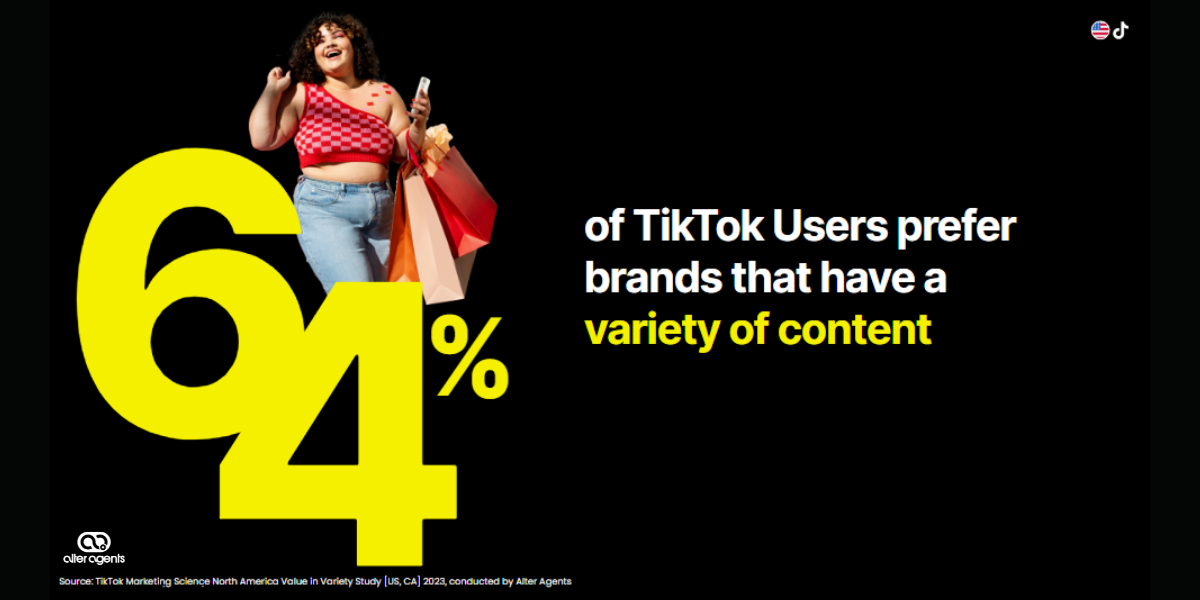
We need to stop calling them “Gen Z”
In her latest Forbes column, our CEO Rebecca Brooks explores the impact of Generation Z on traditional generational marketing strategies. Titled “Gen Z: The End of Generational Marketing,” the article highlights how the unique characteristics and behaviors of Gen Z are challenging the traditional segmentation of consumer groups. It sheds light on the need for marketers to adapt their approaches to effectively engage with this influential generation.
Rebecca argues that generational marketing, which categorizes consumers based on their birth years, may no longer be relevant in the age of Generation Z. Unlike previous generations, Gen Z exhibits a set of diverse traits and attitudes that transcend traditional demographic boundaries. This generation’s digital proficiency, cultural inclusivity, and entrepreneurial spirit challenge marketers to adopt a more individualized and values-driven approach.
As true digital natives, Gen Z has grown up in an era of constant connectivity and instant access to information. This has shaped their behaviors and expectations, making them highly selective and discerning consumers. Traditional marketing tactics that rely on mass appeal and one-size-fits-all messaging no longer resonate with Gen Z. Instead, they seek personalized experiences, authentic storytelling, and brands that align with their values.
Gen Z’s cultural diversity and embracing of fluid identities, plus the high value they place on authenticity and social impact of the brands with which they do business, further complicates generational marketing. Marketers must be attuned to these evolving dynamics and avoid making assumptions based on age or other demographic factors. They need to understand the nuances of each individual’s identity, embrace purpose-driven marketing, and craft tailored marketing strategies accordingly.
As Generation Z continues to assert its influence on the market, marketers must adapt their strategies to cater to this unique generation. Rebecca writes, “Taking an agile approach to research that accounts for the context in which these individuals are operating, and the vast amount of information that is influencing them, can help provide a foundation for decision making.”
She concludes that we may not have an answer for whether or not we should continue to call this generation by its Gen Z label, but that to treat “each of them as the wildly diverse individuals they are is a good place to start.”
To read the complete article, visit: https://www.forbes.com/sites/forbesagencycouncil/2023/05/22/gen-z-may-be-the-end-of-generational-marketing/
Thought Leadership Updates
Get updates in your email.






